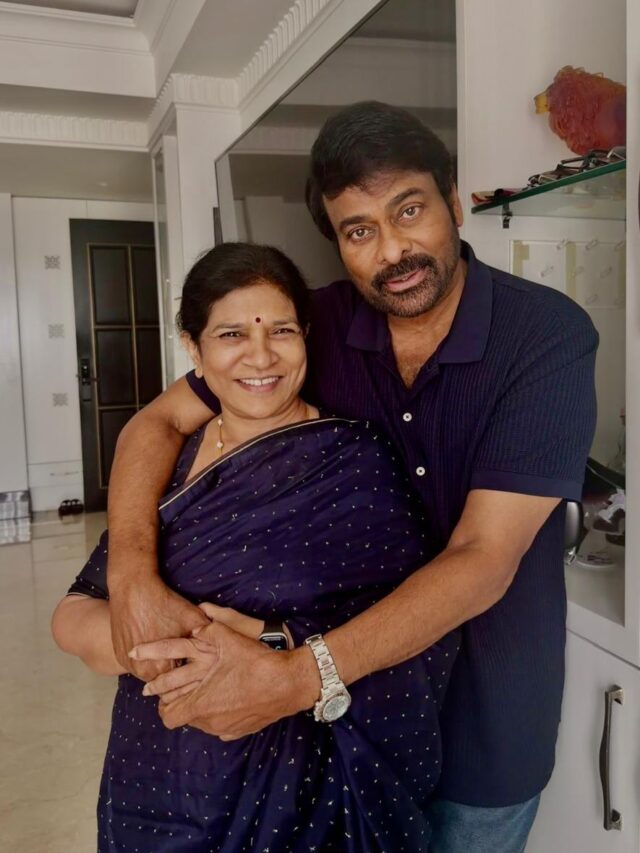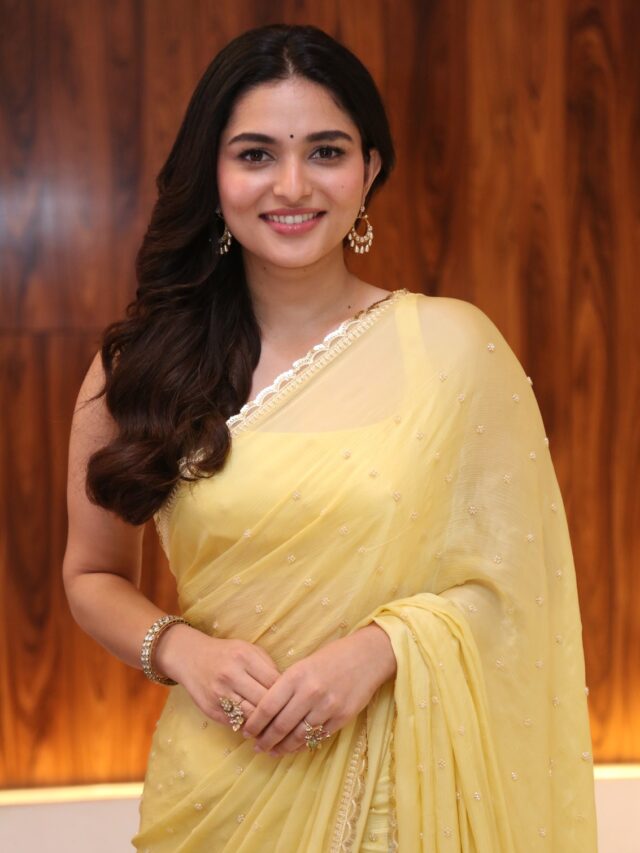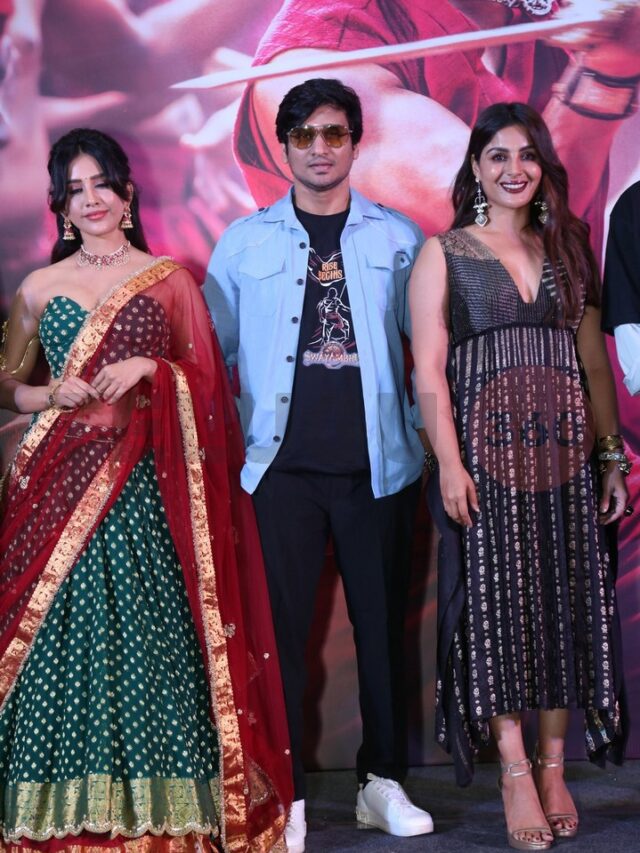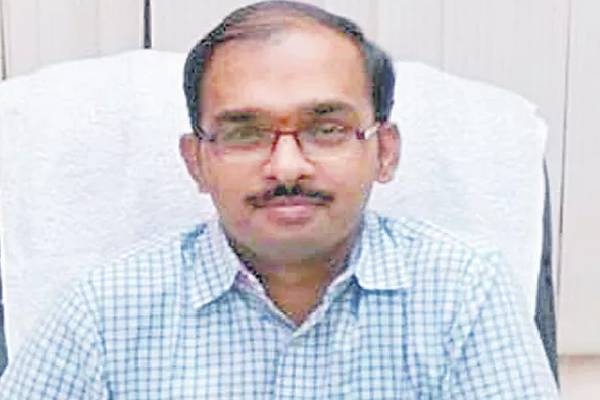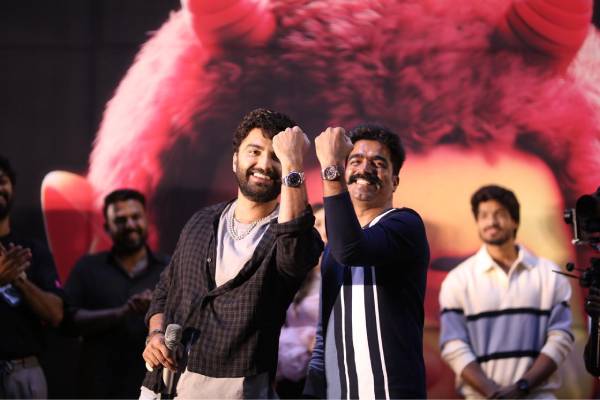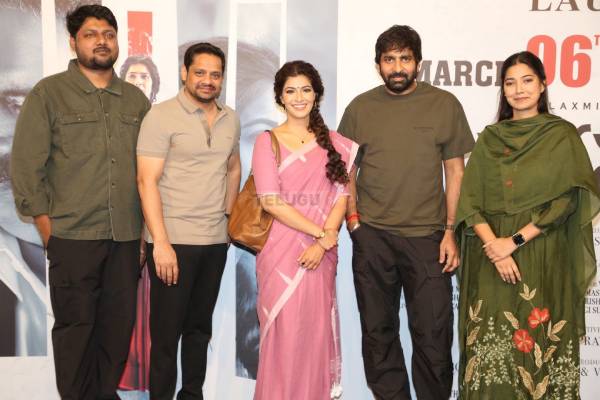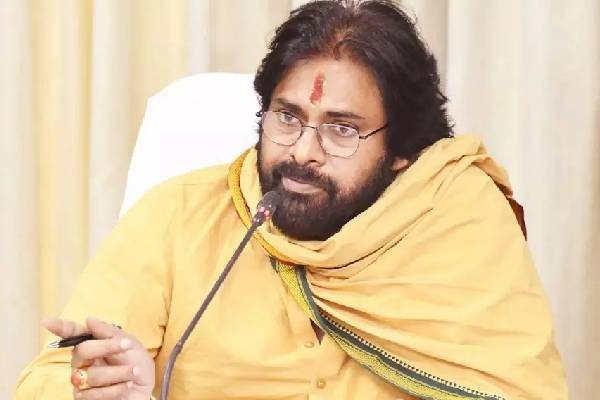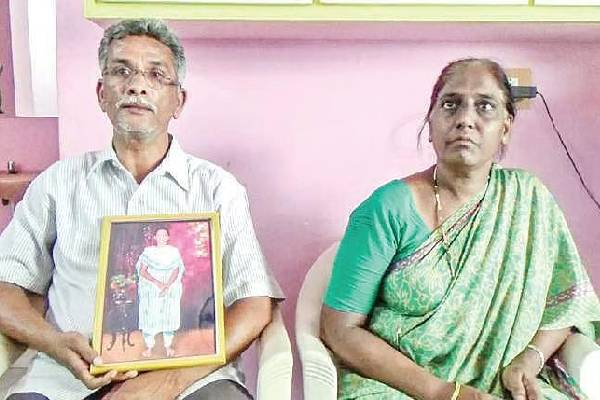In a wide-ranging interview, Pawan Kalyan the Deputy Chief Minister of Andhra Pradesh shared his perspectives on various topics, offering insights into his political journey, views on religious issues, and connections to Tamil culture.
Key points of the Interview
1. Political Career
Pawan Kalyan emphasized his commitment to fighting for causes he believes in, particularly when it comes to preserving cultural and religious traditions.
“I have been a fighter throughout my political career,” he stated. “I have fought for many public issues, and now I’m at the forefront of the issue to fight for the restoration of the sanctity of our temples.”
2. Temple Management and Religious Autonomy
A significant portion of the interview focused on the management of Hindu temples and the preservation of religious practices.Pawan Kalyan expressed concerns about the politicization and commercialization of temples, particularly since the implementation of the Hindu Religious and Charitable Endowments (HR&CE) Act.
He argued for a revamp of the current system: “The moment political appointments come, it has become commercialized and politicized. There is a great feeling that we need to rethink the role of government in temple management.”
For temples to be managed by practicing Hindus who understand the traditions and rituals, rather than government-appointed officials or individuals from other faiths. He emphasized that this stance isn’t about exclusion but about respecting religious autonomy.
3. Secularism and Religious Institutions
Pawan Kalyan challenged the application of secularism in religious matters, arguing that each faith should manage its own institutions without interference.
“Don’t bring secularism into temples,” he stated firmly. “If you want to talk about secularism, focus on governmental jobs, roads, development, and employment opportunities. But when it comes to religious institutions, let the practitioners of that faith manage their affairs.”
4. Improving Devotee Experience
He outlined plans to enhance the quality of prasad and make temples more accessible to devotees from across India. Pawan Kalyan introduced the concept of “ease of darshan”, drawing parallels with the “ease of doing business” initiative.
“We should focus on ease of darshan, ease of spiritual wellbeing. We need to make it affordable and less commercial,” he explained. “How do we facilitate and make it easier for someone coming from any corner of India to have a fulfilling spiritual experience?”
5. Political Journey and Influences
Pawan Kalyan shared insights into his political rise, crediting his diverse experiences and exposure to various cultures during his formative years in Chennai. He mentioned drawing inspiration from leaders like MGR (M. G. Ramachandran) and understanding the hardships they faced.
“I grew up witnessing the journey of MGR. I understood the difficulties he had gone through, the kind of turbulence he faced. These experiences shaped my understanding of politics and public service,” he reflected.
6. Connection to Tamil Culture and Cinema
Despite being from Andhra Pradesh, Pawan Kalyan expressed a deep connection with Tamil culture and cinema. He spoke about his admiration for actors-turned-politicians like Vijayakanth and his friendships with Tamil film personalities like SJ Surya.
“I grew up in Chennai, I understand the concept of Tamil Nadu, the accents, the culture. My love for Tamil Nadu is immense,” he shared. He even mentioned speaking in Tamil with his friend and architect Anand, who is from Chennai.
7. Views on National Politics
The conversation touched upon national political figures, including Prime Minister Narendra Modi and Congress leader Rahul Gandhi. The Pawan Kalyan praised Modi’s efforts to connect with South India, citing the example of the Prime Minister wearing a veshti (traditional Tamil attire) during a meeting with the Chinese President.
Regarding Rahul Gandhi, he expressed initial admiration for Rahul Gandhi’s Bharat Jodo Yatra but felt that recent actions had undermined that goodwill. “I really admired him for walking from Kanyakumari to Kashmir. It’s a great way for a leader to understand the country. But recent statements have been disappointing,” he noted.
8. Advice for Aspiring Politicians
While not directly offering advice, Pawan Kalyan emphasized the importance of understanding people’s needs at the grassroots level and having a genuine desire to serve. He stressed the need for leaders to have a comprehensive understanding of India’s diversity and regional nuances.
9. The Karthi Controversy
Pawan Kalyan addressed a recent issue involving Tamil actor Karthi’s comments about the Tirumala temple. While he expressed disappointment with Karthi’s remarks, he emphasized the importance of understanding and respecting religious sentiments.
“Karthi is a devotee, I’ve seen him. He and Suriya are good people,” Pawan Kalyan stated. “Maybe what he said wasn’t wrong in that sense, but he should understand what I meant. Actors are role models, and everyone looks up to them.”
He further explained that his criticism wasn’t about targeting Karthi personally but about protecting the sanctity of religious practices. “It’s not about Karthi. It’s about defending our dharma. My broad-mindedness should not hurt me or my beliefs,” he clarified.
10. Relationship with Tamil Cinema
Expanding on his earlier comments about Tamil cinema,Pawan Kalyan shared his admiration for various Tamil actors and filmmakers. He mentioned enjoying the performances of comedic actor Yogi Babu and the films of Mani Ratnam.
“I like Yogi Babu’s performances. I’ve seen his films where he becomes the village head. I also like the films of Mani Ratnam and the recent director Lokesh Kanagaraj and LEO Movie,” he shared, demonstrating his deep connection to Tamil cinema despite being from neighboring Andhra Pradesh.
11. Cultural Pride and National Unity
The interview concluded with the Pawan Kalyan expressing his love for Tamil Nadu and its culture. He emphasized the importance of taking pride in one’s cultural heritage while avoiding isolation from the broader national identity.
“We have to take pride in our culture, but at the same time, we should not get isolated. We are part of a greater India,” he concluded.
-Sanyogita








